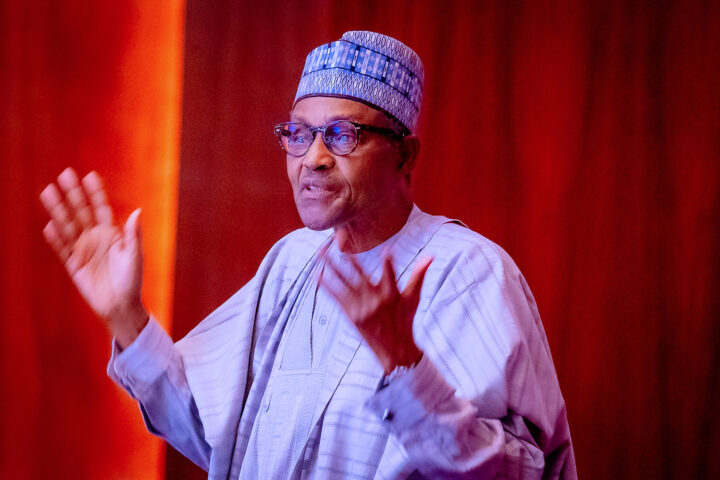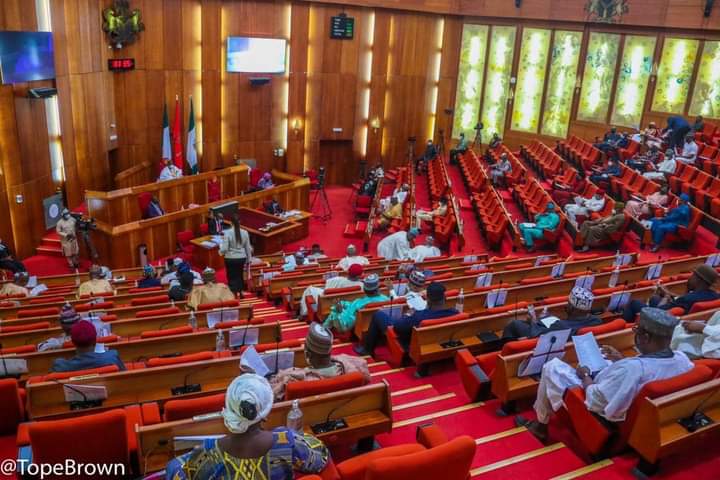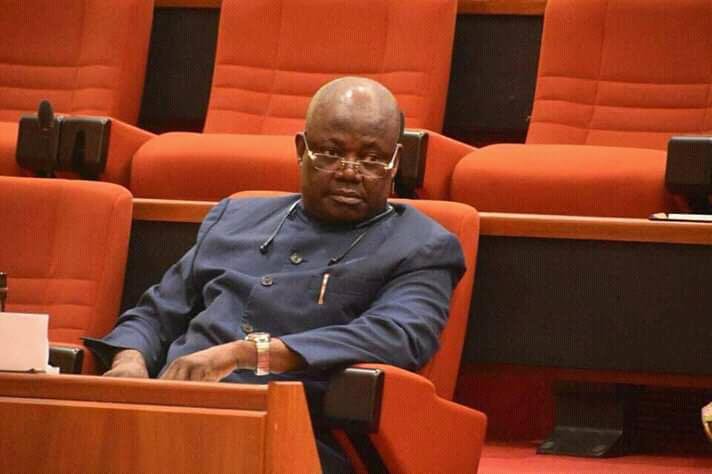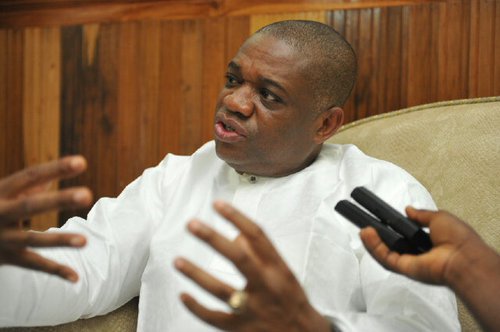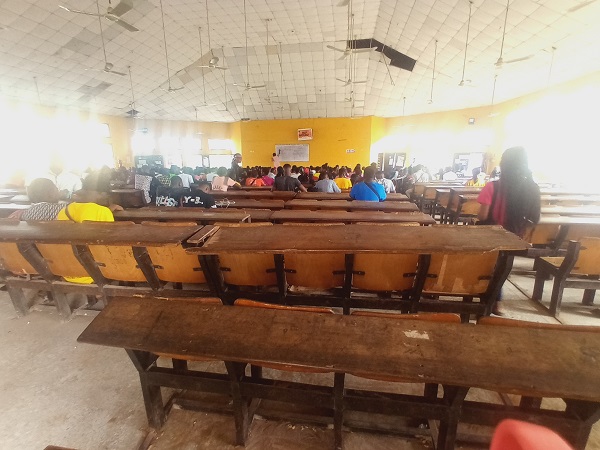President Muhammadu Buhari has called for collaborative partnerships that will build a framework of ideas to transform educational systems globally.
Buhari spoke on Monday while delivering Nigeria’s statement at Transforming Education Summit (leaders’ roundtable) organised on the margins of the 77th session of the UN general assembly.
“In transforming education, we must not erect borders. Where they exist, we must bring them down, as we have much to learn from each other,” he said.
“As we are aware, improving equitable and inclusive access to quality educational opportunities is germane to ensuring the full development of our societies.
Advertisement
“No country can develop beyond the capacity of its educational system.”
Buhari said it would be difficult to have a meaningful conversation around transforming the national education systems without transforming the teaching profession.
He, therefore, called for more deliberations on efforts to expand innovations and research on teacher education and the professional development of teachers.
Advertisement
“The process of building a sustainable teacher supply chain to address the challenges of teacher shortages is important, and calls for global action,” he said.
“Nigeria also wishes to reiterate the need for all member states and stakeholders to address the systemic and structural issues that hamper access to quality education.
“It is only when we do this, that we can create a world truly fit for all, and where no one is left behind.’’
According to Buhari, utilising information technology as a teaching tool holds the promise of transforming and erasing the boundaries of learning and re-engineering how learning occurs within and outside the classroom.
Advertisement
He expressed optimism that bridging the digital divide would offer Nigeria opportunities to expand learning and transform the education system.
“Nigeria is restoring trust with its people, in order to provide safe learning environment and responsive services. That was why we were among the first to endorse the Safe Schools Declaration (SSD), while developing a national policy on school safety and security,” he added.
“Nigeria also hosted the 4th international conference on Safe Schools Declaration (SSD) in partnership with the African Union, Norway, Spain, Argentina and Global Coalition to Protect Education from Attack (GCPEA) in 2021.”
He said the implementation of the SSD has offered an avenue to address school safety in a broader context that now includes gender-based violence and the protection of girls from hazards that contribute to insecurity and violence.
Advertisement
He said: “While this is a step forward for promoting the wellbeing of girls and ensuring they stay in school and learn, there are still many more grounds to cover.”
“NIGERIA COMMITTED TO STRENGTHENING LEARNING”
Advertisement
In addition, Buhari said Nigeria has also demonstrated its commitment towards strengthening learning outcomes and accelerating skills development by implementing cash transfer programmes.
He said the Nigerian government has dedicated special statutory funds to Universal Basic Education and special programmes, prioritising the scaling-up of play-based early childhood education, as well as foundational literacy and numeracy programmes.
Advertisement
“I am pleased to announce Nigeria’s participation in the Programme for the Analysis of Education System (PASEC 2024), as a complement to the ongoing efforts towards the institutionalization of national and school-based assessment. Doing so requires significant investment in schools and teacher training,” he said.
“This informed Nigeria’s launching of a new national teaching policy to address the career path, remuneration, and general welfare of our teachers.
Advertisement
“We are now prioritizing the full implementation of professional teaching standards and teacher qualification framework while improving their recruitment, deployment and management.
“We will empower schools with the resources to truly transform teaching and learning, as we understand that efforts to improve the quality of education provision and learning outcomes are underpinned by the understanding that learners, teachers, and school leaders are the key stakeholders in education reforms.’’
Meanwhile, the Academic Staff Union of Universities (ASUU) is currently on strike over the failure of the government to meet its demands, which border on funding of tertiary institutions and review of lecturers’ salaries and allowances.
Add a comment
